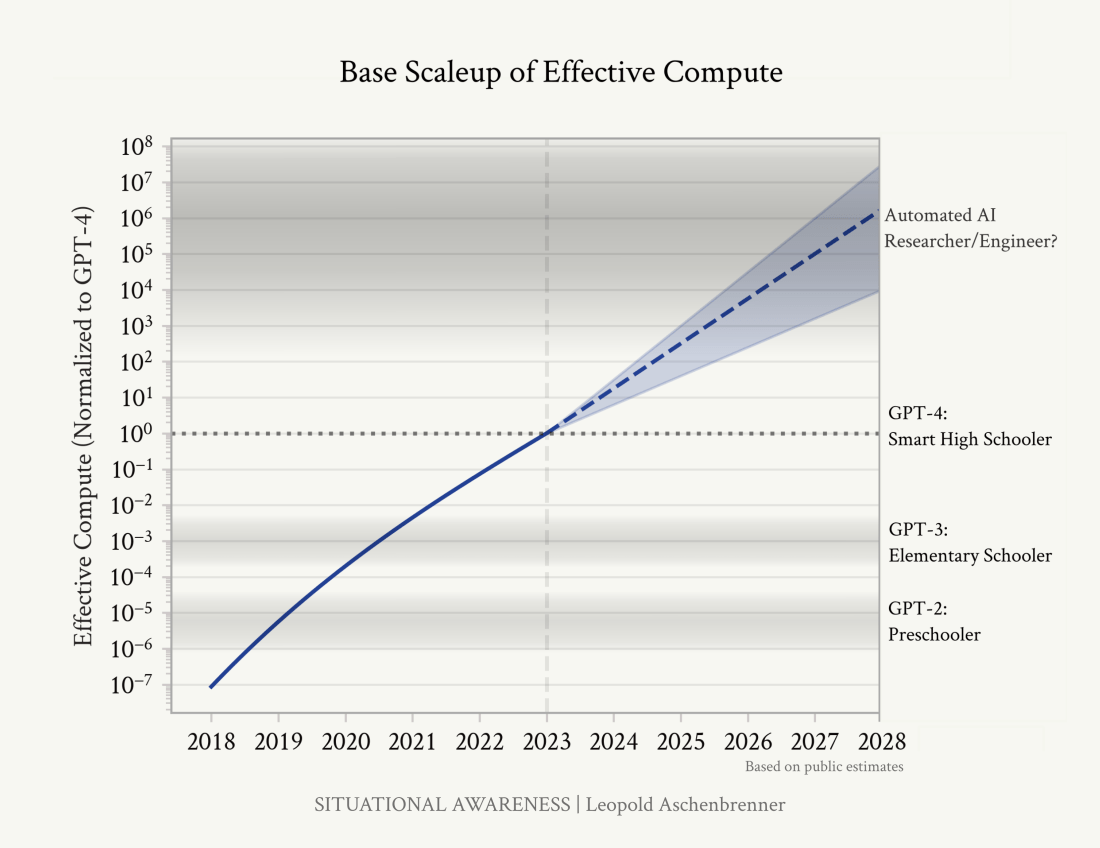I have canceled my OpenAI subscription in protest over OpenAI’s lack of ethics.
In particular, I object to:
- threats to confiscate departing employees’ equity unless those employees signed a life-long non-disparagement contract
- Sam Altman’s pattern of lying about important topics
I’m trying to hold AI companies to higher standards than I use for typical companies, due to the risk that AI companies will exert unusual power.
A boycott of OpenAI subscriptions seems unlikely to gain enough attention to meaningfully influence OpenAI. Where I hope to make a difference is by discouraging competent researchers from joining OpenAI unless they clearly reform (e.g. by firing Altman). A few good researchers choosing not to work at OpenAI could make the difference between OpenAI being the leader in AI 5 years from now versus being, say, a distant 3rd place.
A year ago, I thought that OpenAI equity would be a great investment, but that I had no hope of buying any. But the value of equity is heavily dependent on trust that a company will treat equity holders fairly. The legal system helps somewhat with that, but it can be expensive to rely on the legal system. OpenAI’s equity is nonstandard in ways that should create some unusual uncertainty. Potential employees ought to question whether there’s much connection between OpenAI’s future profits and what equity holders will get.
How does OpenAI’s behavior compare to other leading AI companies?
I’m unsure whether Elon Musk’s xAI deserves a boycott, partly because I’m unsure whether it’s a serious company. Musk has a history of breaking contracts that bears some similarity to OpenAI’s attitude. Musk also bears some responsibility for SpaceX requiring non-disparagement agreements.
Google has shown some signs of being evil. As far as I can tell, DeepMind has been relatively ethical. I’ve heard clear praise of Demis Hassabis’s character from Aubrey de Grey, who knew Hassabis back in the 1990s. Probably parts of Google ought to be boycotted, but I encourage good researchers to work at DeepMind.
Anthropic seems to be a good deal more ethical than OpenAI. I feel comfortable paying them for a subscription to Claude Opus. My evidence concerning their ethics is too weak to say more than that.
P.S. Some of the better sources to start with for evidence against Sam Altman / OpenAI:
But if you’re thinking of working at OpenAI, please look at more than just those sources.
